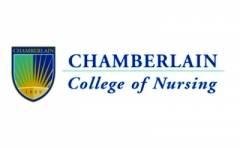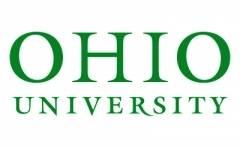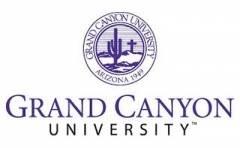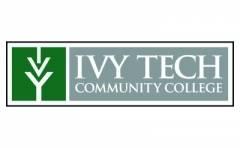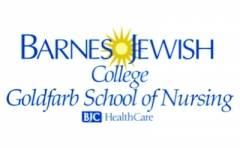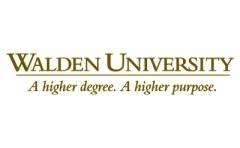Best Nursing colleges in the U.S.
Nursing has been ranked the most trusted profession for the last twenty years, and a nursing degree opens the gates to the lucrative and rewarding field. The registered nurse (RN) role is projected to grow 9% between 2020-2030, marking it as one of the best career paths for young professionals and anyone looking for a meaningful career change. The median salary for a registered nurse is $78,000 but varies depending on location, specialty, and education.
The COVID-19 pandemic highlighted the importance of nursing as the essential backbone of the healthcare system. With the increasing demand for nurses in various settings, the last few years have underscored the role nurses play in the nation's health.
Various careers for nurses range from novice certified nursing assistants (CNA) to doctors of nursing practice (DNP), with many nursing schools offering an accelerated pathway to train nurses to enter the workforce in as little as one year. Despite the challenges spotlighted on the profession since the pandemic, nursing schools saw a 5.6% increase in student enrollment in 2020.
Best Nursing colleges in the U.S. for 2025
Chamberlain University-Illinois offers 27 Nursing degree programs. It's a very large, private for-profit, four-year university in a large suburb. In 2022, 11,758 Nursing students graduated with students earning 7,448 Bachelor's degrees, 3,637 Master's degrees, 563 Doctoral degrees, and 110 Certificates.
Ohio University-Main Campus offers 19 Nursing degree programs. It's a very large, public, four-year university in a faraway town. In 2022, 1,969 Nursing students graduated with students earning 1,716 Bachelor's degrees, 218 Master's degrees, 22 Certificates, and 13 Doctoral degrees.
Grand Canyon University offers 19 Nursing degree programs. It's a very large, private for-profit, four-year university in a large city. In 2022, 6,941 Nursing students graduated with students earning 4,755 Bachelor's degrees, 1,849 Master's degrees, 295 Doctoral degrees, and 42 Certificates.
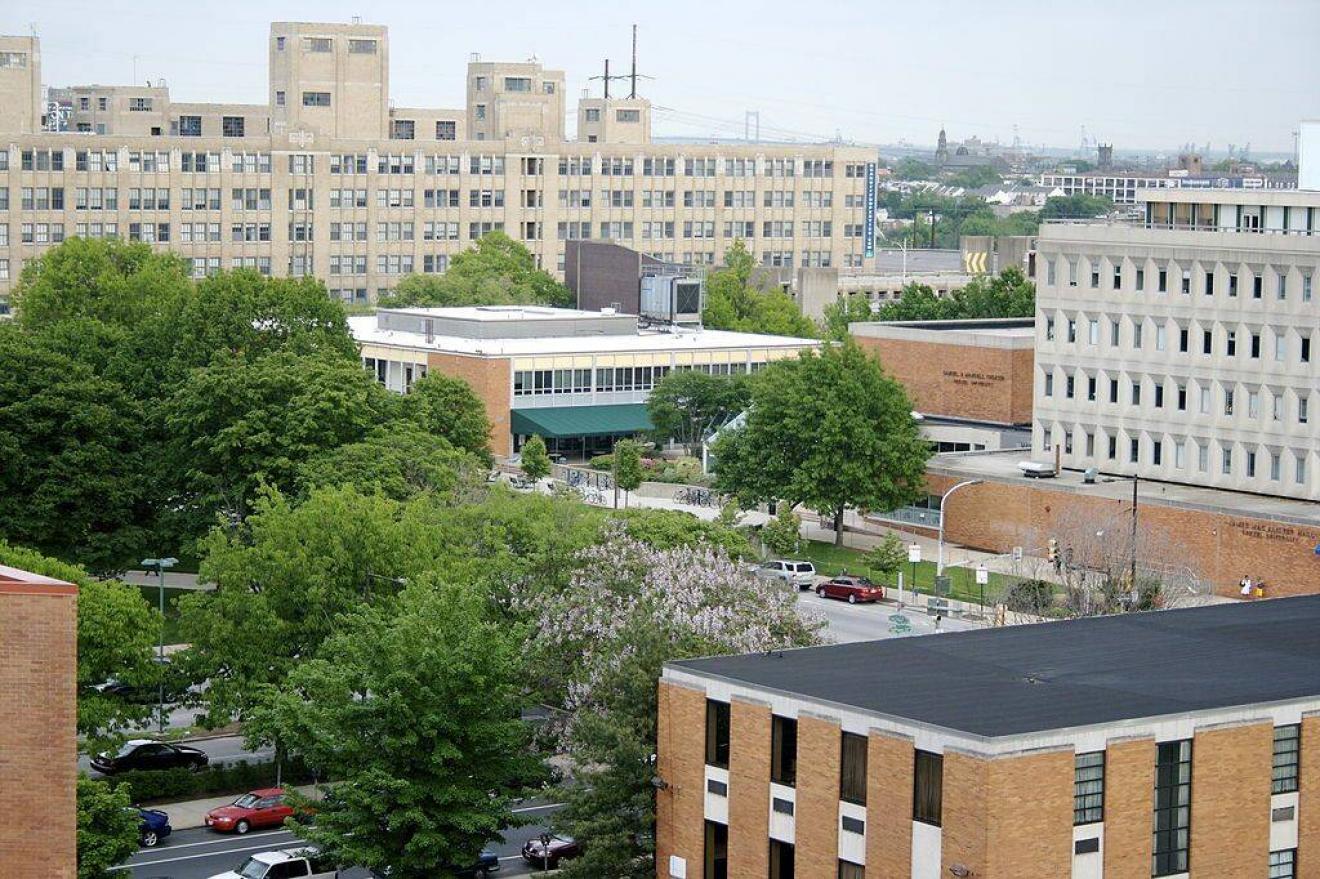
Drexel University offers 17 Nursing degree programs. It's a very large, private not-for-profit, four-year university in a large city. In 2022, 938 Nursing students graduated with students earning 581 Bachelor's degrees, 314 Master's degrees, 31 Certificates, and 12 Doctoral degrees.
Ivy Tech Community College offers 15 Nursing degree programs. It's a very large, public, two-year college in a large city. In 2022, 5,153 Nursing students graduated with students earning 3,804 Certificates, and 1,349 Associate's degrees.
Barnes-Jewish College Goldfarb School of Nursing offers 7 Nursing degree programs. It's a very small, private not-for-profit, four-year university in a large city. In 2022, 402 Nursing students graduated with students earning 352 Bachelor's degrees, 39 Master's degrees, 9 Certificates, and 2 Doctoral degrees.
Western Governors University offers 14 Nursing degree programs. It's a very large, private not-for-profit, four-year university in a large suburb. In 2022, 11,621 Nursing students graduated with students earning 8,503 Bachelor's degrees, and 3,118 Master's degrees.
Walden University offers 18 Nursing degree programs. It's a very large, private for-profit, four-year university in a large city. In 2022, 5,261 Nursing students graduated with students earning 4,248 Master's degrees, 756 Bachelor's degrees, 173 Doctoral degrees, and 84 Certificates.
University of Phoenix-Arizona offers 17 Nursing degree programs. It's a very large, private for-profit, four-year university in a large city. In 2022, 1,497 Nursing students graduated with students earning 858 Bachelor's degrees, 544 Master's degrees, 80 Certificates, and 15 Doctoral degrees.
Southern Adventist University offers 34 Nursing degree programs. It's a small, private not-for-profit, four-year university in a large suburb. In 2022, 225 Nursing students graduated with students earning 86 Associate's degrees, 83 Bachelor's degrees, 32 Master's degrees, 21 Doctoral degrees, and 3 Certificates.
Top schools offering Nursing degrees in the U.S.
Nursing
- Registered Nurse Schools
- Licensed Practical Nurse Schools
- Nursing Assistant Schools
- Emergency Medical Technology/Technician (Emt Paramedic) Schools
- Family Practice Nurse/Nursing Schools
- Nursing Administration Schools
- Registered Nursing, Nursing Administration, Nursing Research and Clinical Nursing Schools
- Nursing Practice Schools
- Nursing Science Schools
- Practical Nursing, Vocational Nursing and Nursing Assistants Schools
- Emergency Care Attendant (Emt Ambulance) Schools
- Pre-Nursing Studies Schools
- Community Health and Preventive Medicine Schools
- Nurse Anesthetist Schools
- Adult Health Nurse/Nursing Schools
- Nursing Education Schools
- Psychiatric/Mental Health Nurse/Nursing Schools
- Home Health Aide/Home Attendant Schools
- Health Aide Schools
- Public Health/Community Nurse/Nursing Schools
- Medication Aide Schools
- Critical Care Nursing Schools
- Clinical Nurse Leader Schools
- Pediatric Nurse/Nursing Schools
- Nurse Midwife/Nursing Midwifery Schools
- Geriatric Nurse/Nursing Schools
- Clinical Nurse Specialist Schools
- Long Term Care Administration/Management Schools
- Women's Health Nurse/Nursing Schools
- Maternal/Child Health and Neonatal Nurse/Nursing Schools
- Health Aides/attendants/orderlies Schools
- Emergency Room/Trauma Nursing Schools
- Occupational and Environmental Health Nursing Schools
- Palliative Care Nursing Schools
What is Nursing?
Nursing is rooted in compassion, education, and the desire to care for another person. With a strong background in biological sciences, psychology, and behavioral health, nurses have a specific scope of work centered around prevention, promotion, and optimizing health and abilities.
Using the nursing process focused on assessment, diagnosis, planning, implementation, and evaluation (ADPIE), nurses center around:
-
Health promotion
-
Patient advocacy
-
Disease and injury prevention
-
Health education
-
Create optimized care plans to help people manage disease
While nursing school typically focuses on clinical experience in the acute care setting, a nursing degree can be used in a variety of settings both in and out of the hospital, including:
-
Schools
-
Public health
-
Community health
-
Outpatient clinic
-
Health educator
-
Case manager
-
Private office
-
Urgent care
-
Skilled nursing facilities
-
Hospice
-
Correctional facilities
Registered nurses typically work as part of a larger medical team. Many states are granting nurse practitioners (NP) the ability to work independently, paving the way for quality primary healthcare in many rural and underserved communities.
Nursing Degree Overview
A nursing career path holds many levels of entry. Several degree options provide the training and expertise needed to start your nursing career as a licensed registered nurse.
While many associate's degree (ADN) nurse programs exist, many hospitals and medical centers require new RN’s to hold a bachelor's degree (BSN).
Since nursing is an umbrella term for many career paths, you can start with an ADN or enter the field as a nurse practitioner.
While this article focuses on the traditional pathways to becoming an RN, many schools have curated accelerated degree programs to meet everyone looking to enter the profession.
Associate Degree in Nursing
An ADN is the quickest way to become a registered nurse. Typical programs are two years long and prepare you to take the NCLEX-RN licensing exam.
Associate's degrees are offered at the community college level. Since nursing is a popular career choice, many ADN programs are competitive with long waitlists. Some hold lotteries to get in.
Prerequisite requirements for ADN programs include:
-
High school diploma or GED
-
High school chemistry and biology class
-
SAT scores (many schools are moving away from SAT/ACT requirements)
-
Successful completion of the Test of Essential Academic Skills (TEAS) test
-
Personal essay
-
High school transcripts
The curriculum is focused on science, math, and the foundations of nursing and typically includes:
-
Anatomy and physiology
-
Microbiology
-
Chemistry
-
English
-
Math
-
Communications
-
Behavioral health/Psychology
-
Nursing principles
Since ADN programs prepare students to sit for the NCLEX-RN licensing exam, many clinical hours are required for graduation.
Bachelor's Degree in Nursing
A bachelor’s degree in nursing (BSN) is becoming the standard entry-point requirement for many large hospitals and medical centers. A BSN program prepares nurses to incorporate evidence-based practice, critical thinking, research, and public health into the nursing process.
BSN undergraduate programs usually take four years to complete and are offered at the university level. However, many schools are now offering an accelerated BSN degree for people with a bachelor's degree. These programs can be finished in as little as one year and are great for making a quick career change.
Prerequisite requirements for BSN programs usually include:
-
Anatomy and physiology
-
Microbiology
-
Chemistry or organic chemistry
-
Statistics
-
Written communication
-
Critical thinking
-
Psychology
-
Nutrition
-
Human development
The curriculum for traditional BSN programs focuses on the foundations of nursing, research, community and public health, and leadership. Classes include:
-
Nursing care of adults and pediatrics
-
Nursing for the childbearing family
-
Nursing assessment
-
Community health nursing
-
Mental health nursing
-
Pharmacology
-
Pathophysiology
-
Research
-
Leadership and management
Each semester of the BSN program includes a set number of clinical hours required to sit for the NCLEX-RN exam. The nursing school typically coordinates clinical placement for each student.
Master's Degree in Nursing
Registered nurses that hold a BSN can expand their knowledge with a master’s of nursing degree (MSN). The MSN degree prepares nurses for advanced roles in leadership, research, management, and teaching roles.
The MSN degree usually takes about two years to complete. Still, it may vary depending on school and ability to take classes full or part-time.
Prerequisite requirements for MSN programs usually include:
-
Current registered nurse license
-
Have a bachelor of science degree
-
Undergraduate GPA of 3.0 or higher
-
Personal essay or statement of purpose
The curriculum focuses on the foundations of nursing, research, community health, and leadership. Courses include:
-
Advanced studies in pathophysiology, nursing development, and physical assessment
-
Research for advanced nursing
-
Organizational and systems leadership
-
Educational program development
-
Community health policy
Students are also required to submit a thesis project or comprehensive examination to graduate with a master’s degree in nursing.
Many schools offer an MSN to NP pathway that prepares you to sit for the American Academy of Nurse Practitioners (AANP) or the American Nurses Credentialing Center (ANCC) certifications.
Doctoral Degree in Nursing
A doctor of nursing practice (DNP) is the highest degree a nurse can earn. A DNP prepares students for advanced clinical practice and leadership roles as a nurse practitioner.
A DNP degree allows nurses to work in a variety of high-level positions, including:
-
Healthcare administration
-
Head of a nursing department
-
Clinical nurse faculty member
-
Program management
-
Health policy
A DNP program typically takes two years to complete depending on if you participate as a full or part-time student.
Prerequisite requirements for a DNP program usually include:
-
Unrestricted registered nurse license
-
Master’s degree
-
Letters of reference
The curriculum focuses on improving health outcomes, influencing health policy and health economics, complex healthcare systems, and organizational leadership. A sample of courses include:
-
Population health
-
Improving health outcomes
-
Information systems and technology
-
Healthcare Policy
-
Organizational and systems leadership
-
Ethics
-
Family-centered health promotion
A DNP program prepares you to sit for the American Academy of Nurse Practitioners (AANP) or the American Nurses Credentialing Center (ANCC) certifications.
Certification and Licensure in Nursing
To become a nurse, you must be licensed in the state where you plan to practice nursing.
Registered Nurse
The license exam to become an RN is the NCLEX-RN, developed by the National Council of State Boards of Nursing (NCSBN). It is an online, comprehensive exam that can take up to six hours.
The exam focuses on four key areas of critical thinking to determine if you are safe to practice nursing at the level of an RN, including:
-
Providing a safe and effective care environment
-
Health promotion and maintenance
-
Psychosocial integrity
-
Physiological integrity
After becoming an RN, nurses can obtain further certifications in their specialty that allow them to become experts in their field. Common certifications include:
-
Certification for adult critical care nurses (CCRN)
-
Inpatient obstetric nursing (RNC-OB)
-
Certified emergency nurse (CEN)
-
Certified pediatric nurse (CPN)
-
Certified medical-surgical registered nurse (CMSRN)
Nurse Practitioner
After completing an MSN or DNP program, RNs can sit for the nurse practitioner certification offered by two organizations; the American Academy of Nurse Practitioners (AANP) or the American Nurses Credentialing Center (ANCC).
While over 80% of nurse practitioners become family nurse practitioners (FNP), there are several specialty nurse practitioner roles and certifications, including:
-
Acute Care Nurse Practitioner (ACNP)
-
Family Nurse Practitioner (FNP)
-
Adult-Gerontology Primary Care Nurse Practitioner (AG-PCNP)
-
Cardiac Nurse Practitioner
-
Neonatal Nurse Practitioner (NNP)
-
Oncology Nurse Practitioner
-
Pediatric Nurse Practitioner
-
Psychiatric and Mental Health Nurse Practitioner (PMHNP)
-
Women’s Health Nurse Practitioner (WHNP)
What Can I Do with a Degree in Nursing?
Nursing offers a variety of career choices both inside and outside of the hospital setting.
Inside the hospital, nurses can provide care in a number of specialized settings, including:
-
Emergency room
-
Medical-surgical
-
Intensive care
-
Maternity
-
Pediatrics
-
Mental Health
-
Oncology
-
Orthopedics
Outside the hospital setting, nurses can find a wide array of career options away from the bedside, including:
-
Public health
-
Case management
-
School nurse
-
Insurance companies
-
Medical device companies
-
Pharmaceutical companies
-
Health Administration
-
Legal nurse consultant
The future of nursing looks very bright for both veteran nurses and those looking to enter the field.
The US Bureau of Labor Statistics estimates the role of NP is estimated to grow 45% between 2020 and 2030, which is much faster than the average career. The average annual salary of a nurse practitioner is $123,780.
Registered nursing is estimated to increase 9% over the next 10 years, which is considered as fast as average compared to other careers. The median annual income of a registered nurse is $77,600.
Nursing FAQ
List of all Nursing colleges in the U.S.
| School | Average Tuition | Student Teacher Ratio | Enrolled Students | |
|---|---|---|---|---|

|
Chamberlain University-Illinois Addison, IL | 26,687 | ||

|
Ohio University-Main Campus Athens, OH | 30 : 1 | 24,145 | |

|
Grand Canyon University Phoenix, AZ | 185 : 1 | 101,816 | |

|
Drexel University Philadelphia, PA | 21 : 1 | 22,344 | |

|
Ivy Tech Community College Indianapolis, IN | 81 : 1 | 89,705 | |

